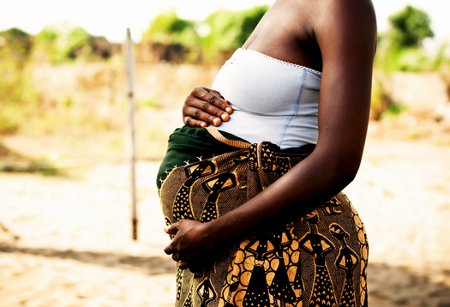A new report by Kilifi County’s health department shows an alarming rise in adolescent pregnancies, with a record 4,091 schoolgirls ages 10-18 falling pregnant in the first six months of this year.
The statistics paint a stark picture of a persisting problem if strategies are not quickly enacted to remedy the situation. Teenage pregnancies alongside poverty have been named the leading contributors to school dropouts among girls, with teenagers in the lowest wealth quantile who have limited or no access to sexual and reproductive healthcare being the most vulnerable.
The increase in teenage pregnancies in the county was attributed to factors such as retrogressive cultural practices including early and forced marriages and parents’ negligence.
Agneta Karembo, Kilifi’s chief officer for gender, culture and social services, announced plans to launch a gender-based violence policy on November 25 to sensitize the community on the need to abandon outdated cultural practices contributing to teenage pregnancies.
Karembo further called for a collaborative approach to combat the crisis, urging parents who solicit monetary favors from their underage daughters’ lovers to cease such behaviors.
Read more: The art of growing wealth: A beginner’s guide to smart investing
The policy seeks to confront early pregnancy cases and instances of gender-based violence head-on by delivering prompt response, through offering financial and legal assistance. The report additionally highlights an increase in the incidence of HIV infections among teenage mothers during their initial prenatal visits this year, with 66 fatalities resulting from their refusal to take antiretrovirals due to concerns about social stigma.
Activists advocating for the rights of girls and health professionals are sounding an alarm, cautioning that if the current trajectory continues, these numbers could potentially rise even further by year’s end.
The rising incidence of teenage pregnancies, both in Kilifi County and across Kenya, serves as a stark reminder of the persistent vulnerabilities and disparities experienced by women and girls in various aspects of their lives, including safety, health, well-being, education and economic security. It is imperative for the government to collaborate closely with healthcare professionals and policymakers to tackle the inequities hindering young women and girls from accessing sexual and reproductive health rights, which are contributing to the surge in teenage pregnancies.
Email your news TIPS to editor@thesharpdaily.com


















